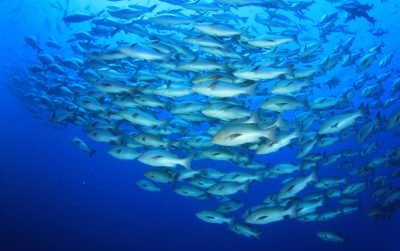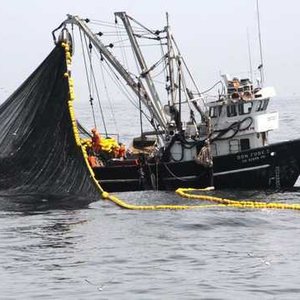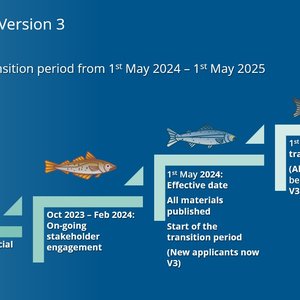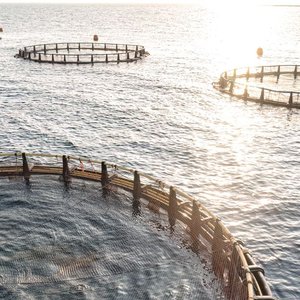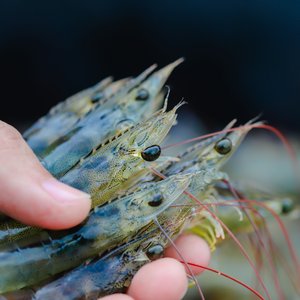Delacon, in partnership with the Spanish Aquaculture Research Group GIA, is testing phytogenics as a potential functional ingredient. The project, PROINMUNOIL plus, aims to develop a functional diet to improve and reinforce fish mucosal tissues such as gill, gut and skin in fish fed sustainable feeds (low fishmeal and fish oil content). Delacon provides the phytogenics.
A lot of effort has been made over the last decade to replace a significant percentage of marine raw materials in cultured fish diets by ingredients from terrestrial origin. However, in some cases, this replacement has negative effects on growth performance, health, welfare and disease resistance.
“The use of phytogenics as stress response modulators, as anti-inflammatories addressed specifically to mucosal tissues and as regulators of microbiota populations, could help the industry to improve fish growth performance, disease resistance and nutrient digestibility. We observed a reduction of the typical posterior gut inflammatory-like status derived from low fishmeal and fish oil diets, a protective effect against oxidative stress and a reduction on the primary stress indicator levels such as plasmatic cortisol,” said Daniel Montero and Silvia Torrecillas, researchers at GIA. "Phytogenics could be an effective tool in order to achieve a sustainable development for aquaculture sector," the researchers said.
“We believe in the sustainable development of aquaculture to meet the growing demand for high quality fresh fish products highly beneficial for the consumers’ health,” said Silvia Torrecillas.


